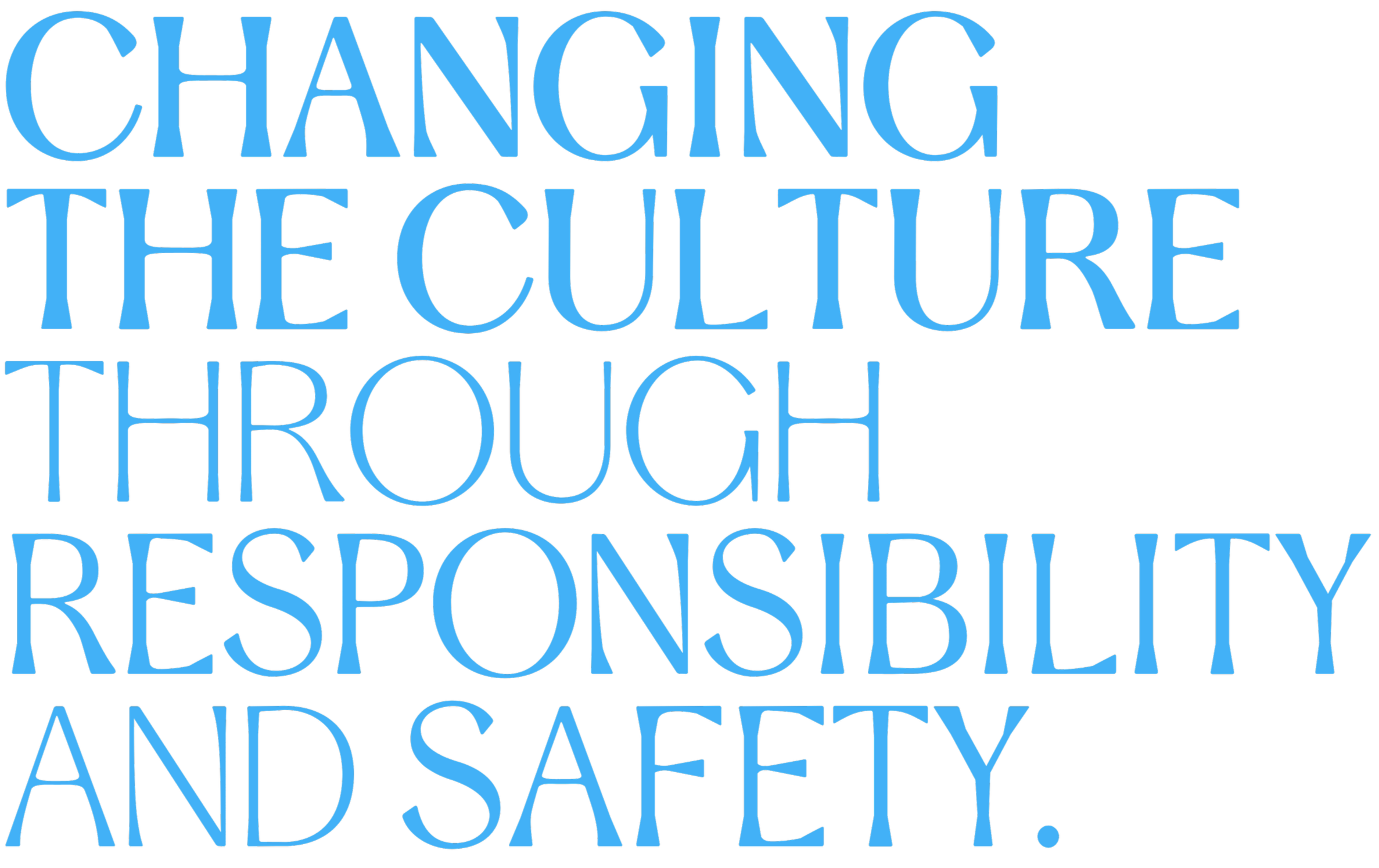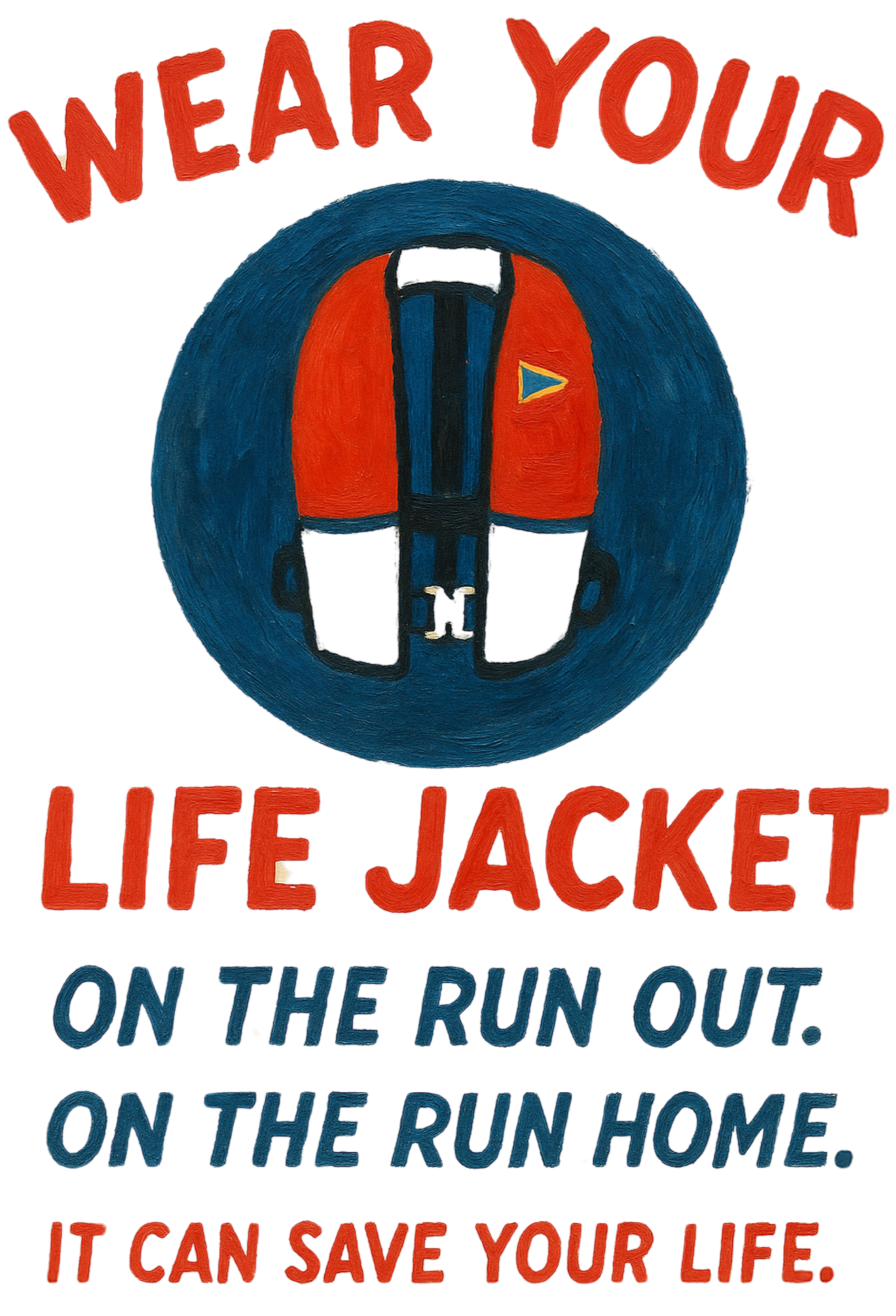
FLY HIGH, BIRD is the Lucy Fernandez Foundation’s Boater and Watercraft Safety Initiative.
Our mission is to advance a culture where freedom on the water is matched by responsibility, and where fun and safety go hand in hand. Through Foundation-led programs and collaborations with private and government agencies, both locally and beyond, we lead advocacy efforts, raise awareness, expand education, and strengthen accountability. By promoting best practices and supporting policies that prioritize responsible boating, we are committed to saving lives while honoring Lucy’s greatest passion: being on the water.
Guided by our philosophy Have Fun. Be Safe., this initiative equips the next generation of boaters with the tools they need to enjoy the water while protecting themselves and others. Inspired by Lucy’s experience, we strive to elevate recreational boating, reduce accidents and fatalities, and build a lasting culture of care that safeguards families, friends, and communities for generations to come.
What was once a leisurely pastime now carries real and growing risks that demand greater intention and care on the water. As a community, we can shape a culture where awareness, safety, and responsibility are second nature, not afterthoughts. Our choices matter. Every decision either adds risk or helps prevent tragedy. You have the power to choose safety.


Fly High, Bird was born from a three-word love letter written by Lucy’s brother, Kevin, in the days after she passed. His message—“fly high, bird”—a prayer of peace, hope, and protection, became the inspiration behind the Lucy Fernandez Foundation’s Boater and Watercraft Safety Initiative.
To fly high is to honor Lucy’s love for the water by choosing to boat responsibly and with care. When you fly the Lucy Fernandez Foundation’s #FlyHighBird flag, you’re making a visible commitment to safety, respect, and accountability—not just for yourself, but for every family who shares these waterways. It’s a symbol of unity, awareness, and action, and an invitation to join a movement dedicated to protecting this beautiful way of life.
Join the movement!
Purchase your flag here.

In 2025, the Florida Legislature unanimously passed “Lucy’s Law,” a landmark boating safety bill named in honor of 17-year-old Luciana “Lucy” Fernandez, who was killed in a 2022 boating accident. The legislation received overwhelming bipartisan support, passing the Senate 31–0 and the House by a near-unanimous vote, and was signed into law by Governor Ron DeSantis.
Lucy’s Law strengthens penalties for reckless boating, aligns certain boating offenses with more serious criminal consequences, and expands boater education requirements, marking a major step forward in creating safer waterways and greater accountability across the state.
To learn more about Lucy’s Law, click here.

Make it the Norm. Be the Change.
On The Run is a new year-round Foundation initiative with a simple but powerful message: wear your life jacket when your vessel is in motion—because that’s when most accidents happen. It could save your life.
The OTR campaign represents a lasting, everyday commitment to safety. Today’s life jackets are sleeker, more comfortable, and easier to wear than ever—which is why there’s no reason not to. After all, the best life jacket is the one you’ll actually wear.
So when you’re “On The Run,” put it on. Lead by example. Make it the norm. Be the change.

Just before sunset on September 4, 2022, Labor Day weekend, after a perfect day on the water, a vessel carrying 14 passengers, including two adults and twelve teenagers, violently struck a navigation channel demarcation post at nearly 47 mph. The boat quickly took on water, capsized, and trapped Lucy underneath. The impact ejected most on board, leaving them stranded and fighting for their lives. Several were airlifted to the hospital, suffering traumatic brain injuries, broken bones, and complications from drowning. Lucy’s injuries were fatal, and she passed away less than twelve hours later with her parents by her side.
Stay Connected
Join our Friends List for updates on events, initiatives, and Foundation news.

















